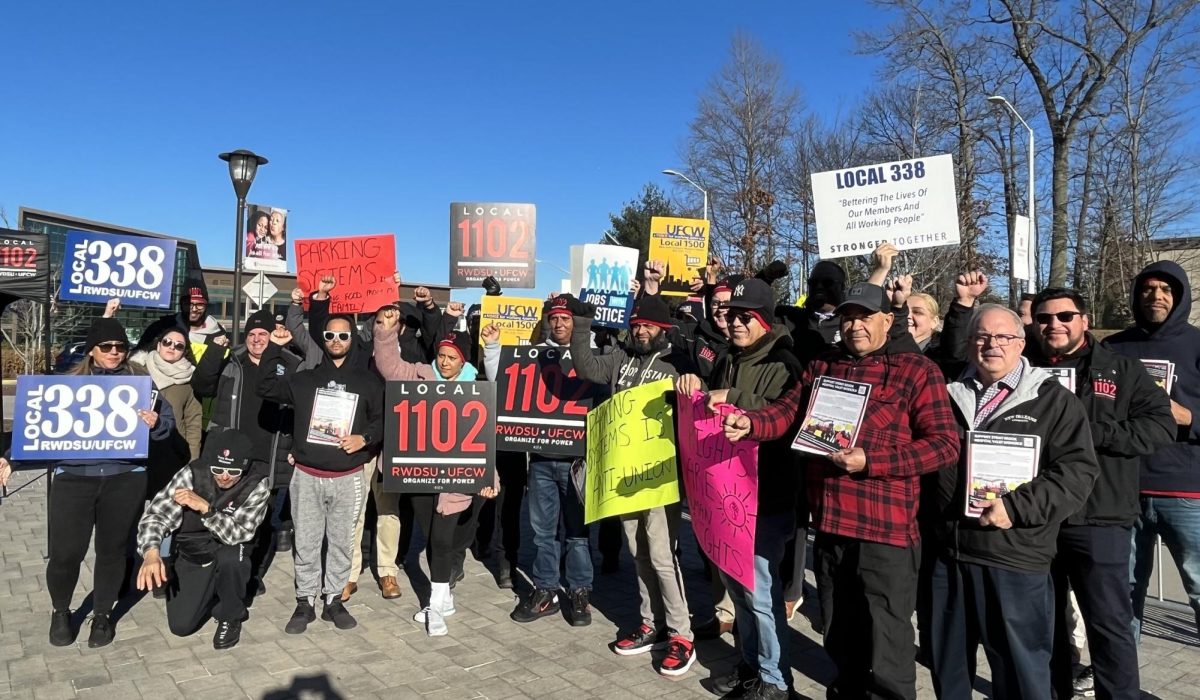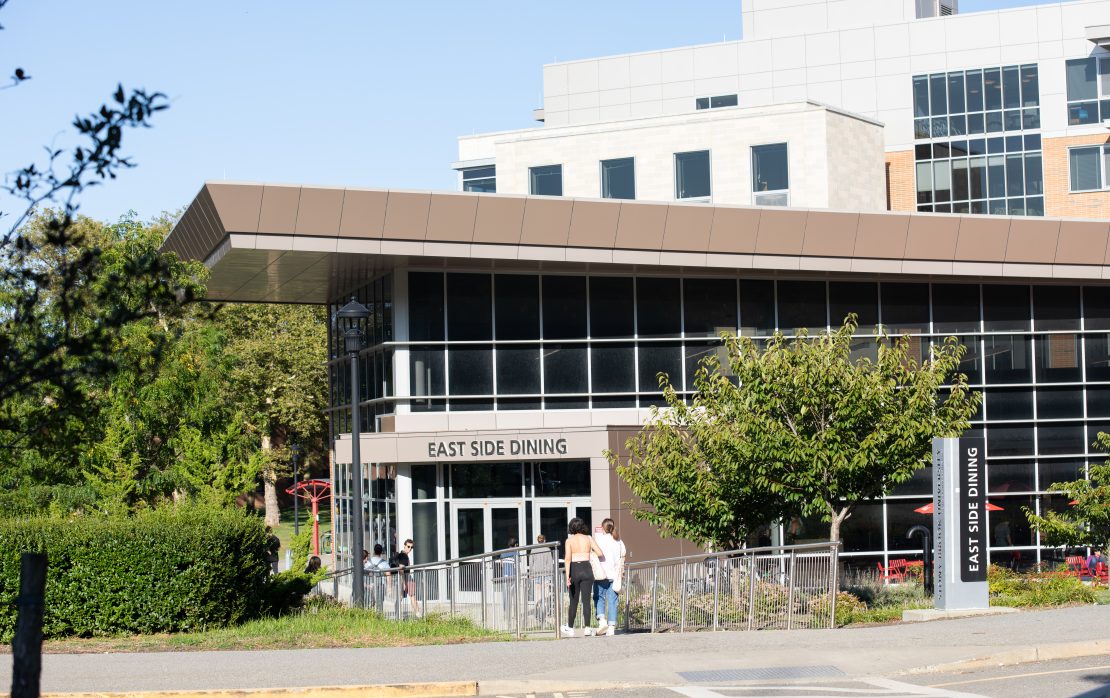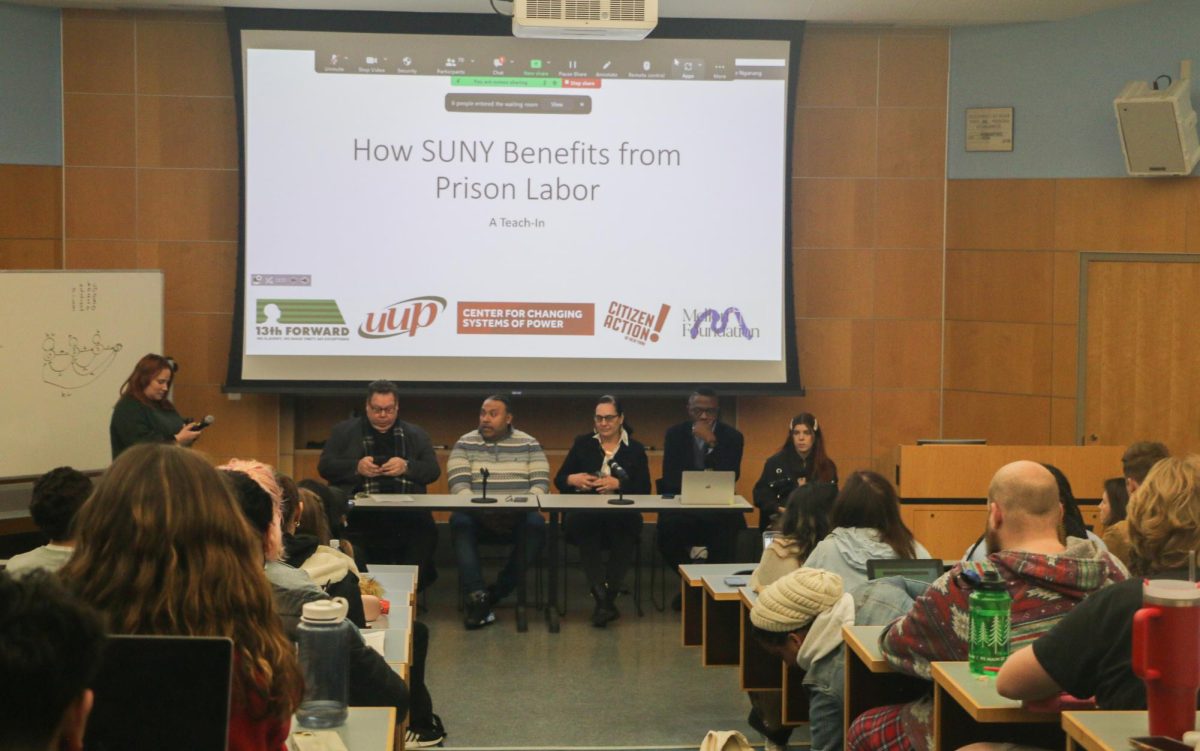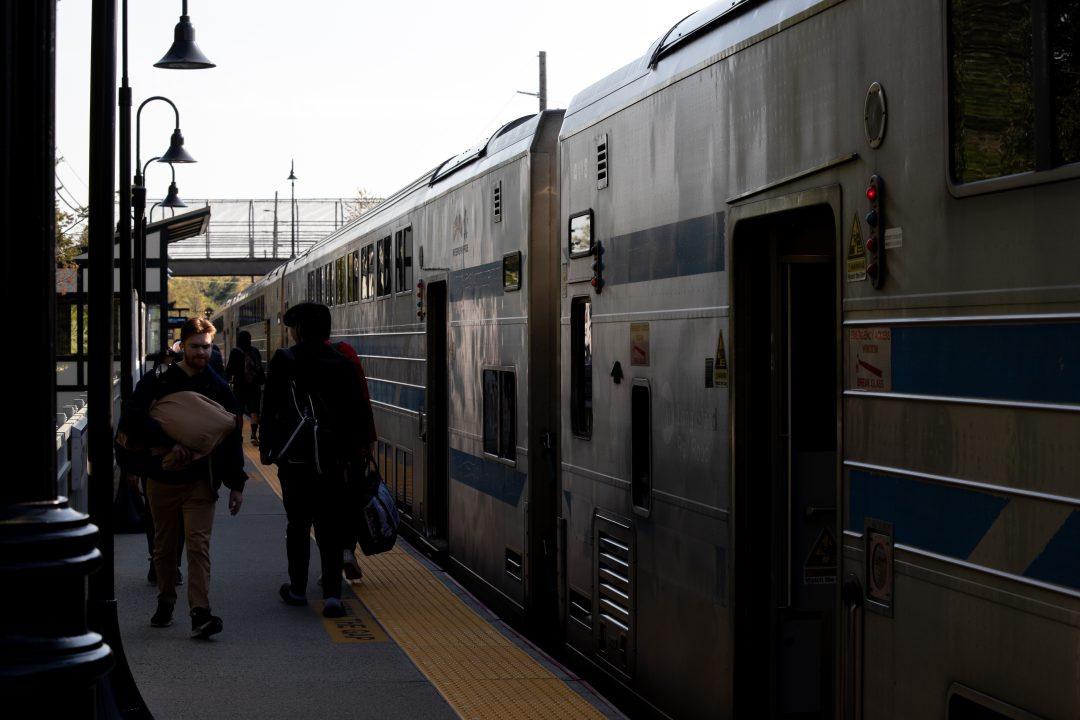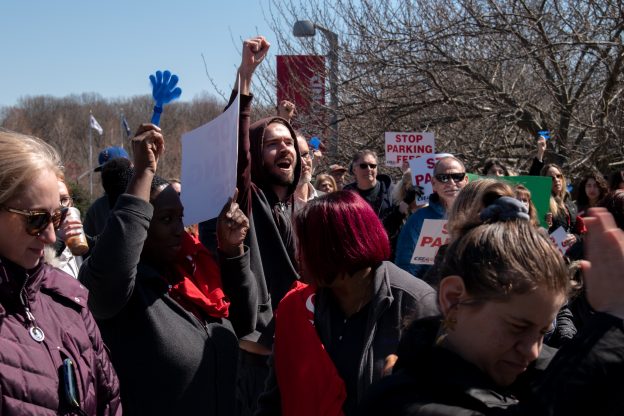
Stony Brook University’s heavily criticized parking plan for the fall semester has received additional pushback, this time from elected officials.
On March 22, 2023, Assemblyman Ed Flood and State Senator Anthony Palumbo wrote a letter to Stony Brook President Maurie McInnis requesting that the University reject the paid parking plan amid concerns that it would negatively affect the University and the surrounding community. So far, Stony Brook has not publicly acknowledged or responded to the concerns of the two lawmakers.
This is only the latest response against the proposed parking plan since it was first announced, as multiple protests have already taken place, the first of which happened in February. More recently, a larger one took place on March 29.
Flood said that between his and Palumbo’s offices, they had received thousands of complaints from those associated with Stony Brook.
“We had a massive amount of outreach from students, faculty and staff,” Flood said. “[Between us] we received 3,000 emails over the course of two weeks, about 300-400 every day.”
Flood also shared his distaste for the plan, most notably the choice by the administration to create a tiered system in which lots closest to the University would cost more than those that are farther away.
“I found the plan wrong in a bunch of different ways,” Flood said. “Whether the students have the money, it reeks of classism. It’s not the message a state university wants to send. It creates a possible embarrassment of students who have lower economic status. It may become a determent for people to enroll. The only positive is that the university makes money, but if they need to make money, make it fair.”
The letter was widely shared with the Stony Brook community when it was posted on the Instagram account @sbu.parkingsucks. The account is dedicated to advocating against the proposed parking changes for the fall semester.
Gia Trimarchi, an individual who helps run the account, and a junior double majoring in globalization studies and international relations and political science, explained that the account had begun as an assignment for her GLI 402 class. It later grew after she tried to host a town hall forum on the parking changes, only to be denied because of the controversial nature of the topic.
“I think a lot of people know about the plan to change the parking but I feel like no one’s talking about it the way they should be,” Trimarchi wrote in an Instagram message. “This is something people should be angry about. They are taking parking that was once free and forcing every individual who parks on campus to pay. People are already paying their gas, car payments, car maintenance, [and] in some cases tolls, to be able to get to school/their place of work.”
Trimarchi and four others organized a protest on April 12 against the parking changes and have started a petition. As of now, the petition has reached just under 2,500 signatures.
In a statement to The Statesman, Stony Brook University officials pointed out that the parking plan was simply a proposal at this point and nothing more.
“Stony Brook’s proposed parking plan is just that — proposed, details of the plan have been made public and are subject to ongoing negotiations with multiple bargaining units.” read the statement.
However, with the timing of the announcement lining up with tuition increases throughout the State University of New York (SUNY) system, many feel like a school marketed as affordable could quickly become the opposite — Flood included.
“[The] 30% [increase] is higher than we need to go,” Flood said. “It is extreme and is too much with parking. It will have a negative impact on enrollment.”
Flood also pointed out that people will not want to pay increased fees if they are planning on visiting the university or the hospital. This, he explained, will hurt the local economy as fewer visitors will be drawn to the university and the local area.
While he sympathized with the apparent cash struggles of Stony Brook, he pointed out that there are much better ways to raise money than by increasing parking costs.
“Increasing operating aid would be a great start,” Flood said. “There should also be an increase in foundation aid, as well as a [smaller] increase in tuition. If you increase tuition and foundation [income], you can have increased cash flow. It won’t totally solve the problem, but it will help.”











